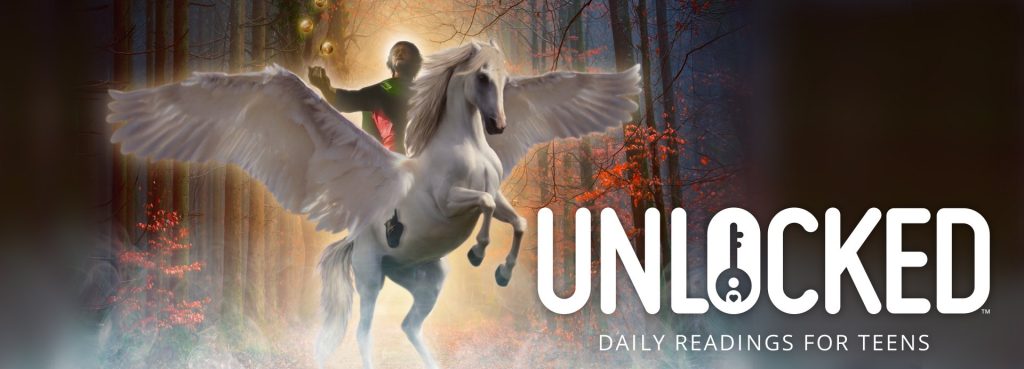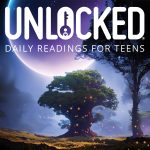
T. S. Eliot and Originality
Author: Naomi Zylstra — Host: Andrew Stevens — Posted on: December 21, 2020

Have you ever read a piece of literature, heard a song, or seen a painting and thought,” Wow, that’s original!” Although art can blow us away, it can sometimes leave us feeling insufficient. Creating any type of content can be discouraging, because it’s difficult to think of something new. It feels like everything’s been done before. You might think, “What could I possibly contribute?” T. S. Eliot, a famous author and a Christian, struggled with originality. In his four-part poem, “Four Quartets,” Eliot calls years of his life wasted. Within these wasted years, Eliot actually had written some of his most famous and recognized works. But still, he felt he had little to offer and everything worth saying had already been said by someone else. The good news is, it’s not up to us to be original. It’s up to God to be the original Creator. Our job, as Eliot explains, is to continue trying. Not trying because it will make Jesus love us more. No, instead, we remember that, in Christ, we are secure and we can honor Him by creating beautiful works of art echoing what He has created, enjoying our work, seeking to love others the way He loved us, and not worrying about His love for us when we do make a mistake or create something less than perfect. We are free to create because we are free from worrying about whether Jesus’ love for us is secure. It’s not our job to be completely original, and it’s not where our identity comes from. Our identity is found in Jesus Christin His death and resurrection. Through Him, we can tell stories and create art that reflects our Creator and Savior. Naomi Zylstra What’s something in God’s creation you admire? How can we reflect the gospel as artists and content creators? For this is what the Lord saysthe Creator of the heavens, the God who formed the earth and made it, the one who established it (he did not create it to be a wasteland, but formed it to be inhabited)he says, I am the Lord, and there is no other. Isaiah 45:18 (CSB)
Read Verses:
Ecclesiastes 1:1-11; 2:24-25; 12:13; 1 John 4:19
